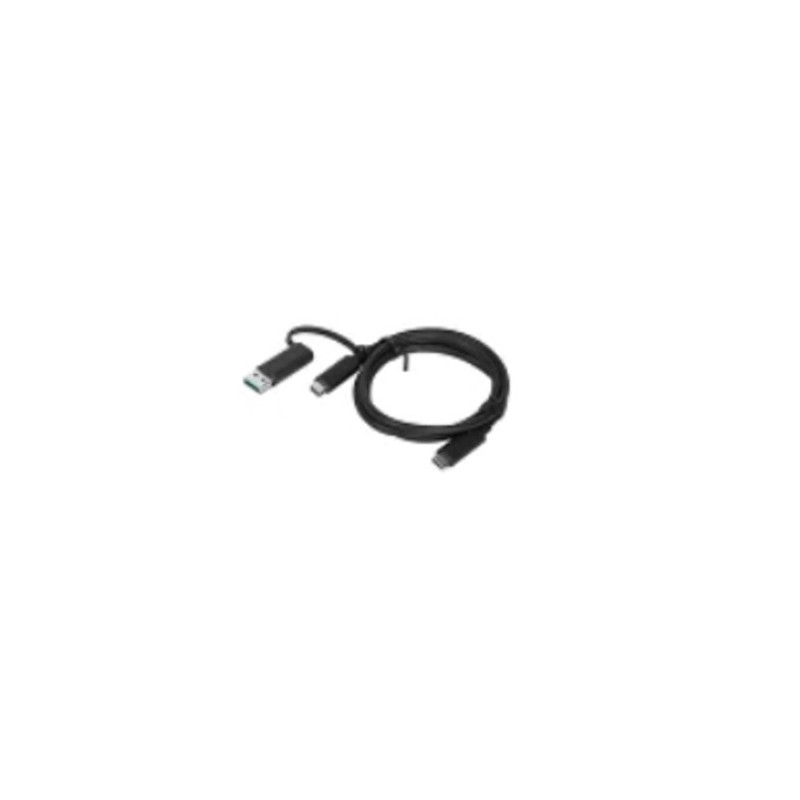
- #ASUS PCE AC68 DISCONNECTING WINDOWS 10#
- #ASUS PCE AC68 DISCONNECTING SOFTWARE#
- #ASUS PCE AC68 DISCONNECTING CODE#
- #ASUS PCE AC68 DISCONNECTING PC#
- #ASUS PCE AC68 DISCONNECTING WINDOWS#
#ASUS PCE AC68 DISCONNECTING WINDOWS#
tried using FTP connection through Filezilla instead of SMB through Windows Explorer.tried disabling the antivirus (I'm no more using Webroot but Windows Defender instead).
#ASUS PCE AC68 DISCONNECTING CODE#
#ASUS PCE AC68 DISCONNECTING SOFTWARE#
In the meantime, I realized that among all the variables, the antivirus software was one I still haven't worked on (been using Webroot SecureAnywhere for a few years now). Thank your for the explanation, I will give it a try! Having experienced this long ago I simply do not use nor rely on a routers ethernet connections other than for internet access. I still believe the issue here is the router for whatever reason it cannot cope with large amounts of data being sent through it's hub and therefore drops your connection, but it can cope with streaming. A switch on the other hand does the same but only once, it then remembers where that machine is connected on the switch.At home I have one connection from my router to a switch, so all my internal traffic goes through the switch and only internet traffic is directed to the router. The problem with a hub (which is what all routers have) is that the data is broadcast to all ports until it gets a reply from the computer the data is meant for, this happens continuously. When data is sent across a network it's from one machine to another and invariably will go through some sort of network switch or hub. I've already tried switching channels in addition I've also moved to a new house in the meantime and the problem still occurs

"The other problem could be traffic/interference on your wifi channel" "connections on the back of routers are no more than hubs." There is also one available in the MS store for free, WiFi analyzer, no idea if it's any good though. The other problem could be traffic/interference on your wifi channel, inSSIDER was the software to use but this has now become a paid application, you could try this what you are looking for is a clean channel or one that is not in use much and change to that in your router. 2) Nearly all of my transfers are done done via Ethernet, if for any reason I need to transfer via wireless then I break it down in chunks of no larger than 2GB in size. Most of mine is Ethernet but there are things I never do, 1) Never connect anything directly to a router I used a powered switch, connections on the back of routers are no more than hubs.
#ASUS PCE AC68 DISCONNECTING PC#
(let me add that I'm quite experienced with windows PC but I'm really a noob with Linux)Īs you have found this could be anything but almost certainly related to your network. Is there something obvious I may have overlooked?

connected the NAS to my PC directly through a cable.I though it may be an issue of my PC but it only happens when I'm transferring files to OMV so there must be some kind of relation?Ī few things I've tried/done in the last few months without resolving the issue: Specifically, when it happens, my PC loses it's wifi connection and I have to manually disconnect from the network and reconnect to make it work again. Sometimes it even does not happen at all and I'm able to complete the task without any issue. It may happen soon after I start or after many minutes. The problem I've been having since I first installed OMV 1 year ago is that everytime I start moving a large quantity of files from my main computer to the NAS for a backup, the wireless connection on my PC randomly drops. a self-build NAS with OMV, directly connected through a cable to my Router.
#ASUS PCE AC68 DISCONNECTING WINDOWS 10#


 0 kommentar(er)
0 kommentar(er)
